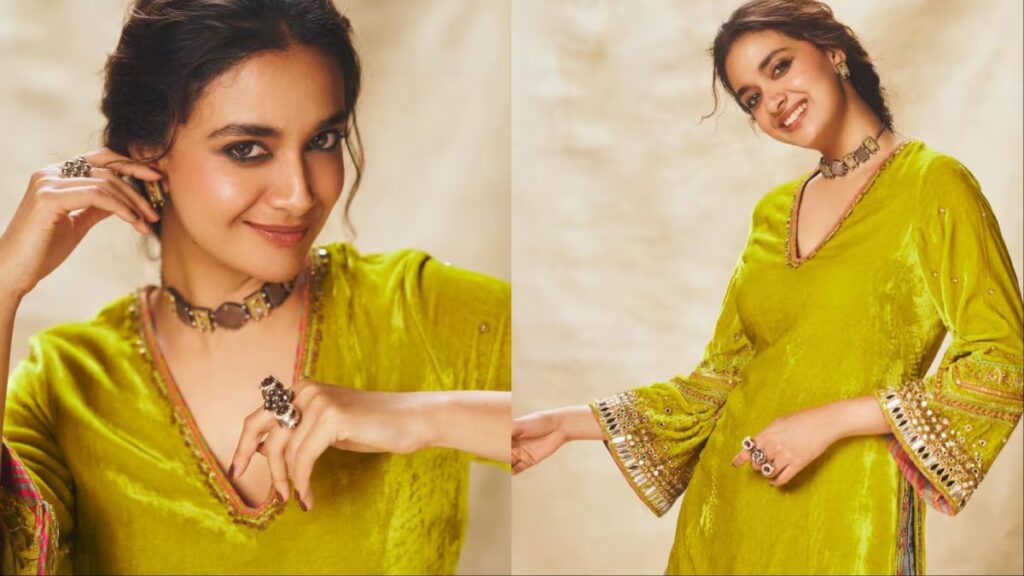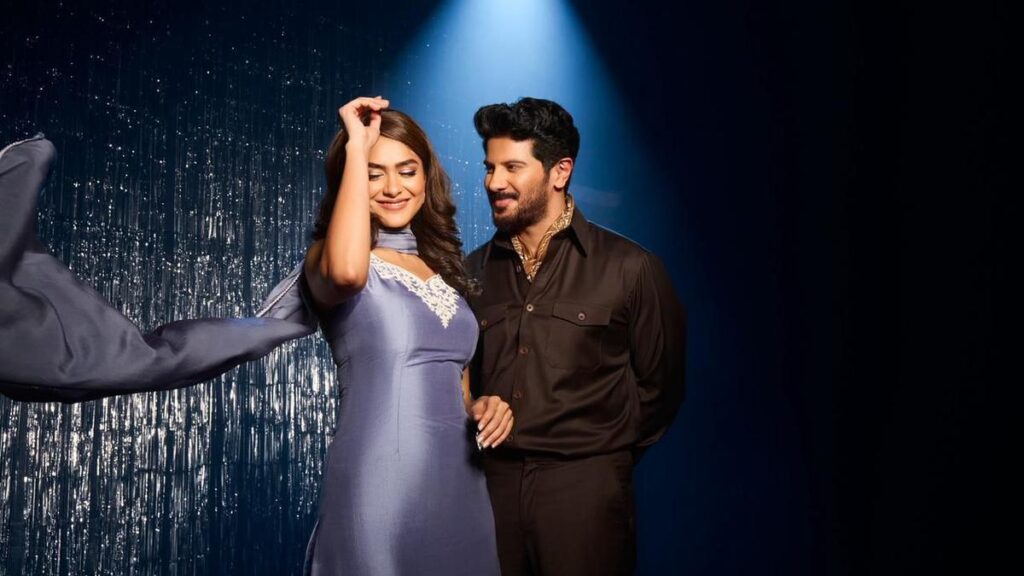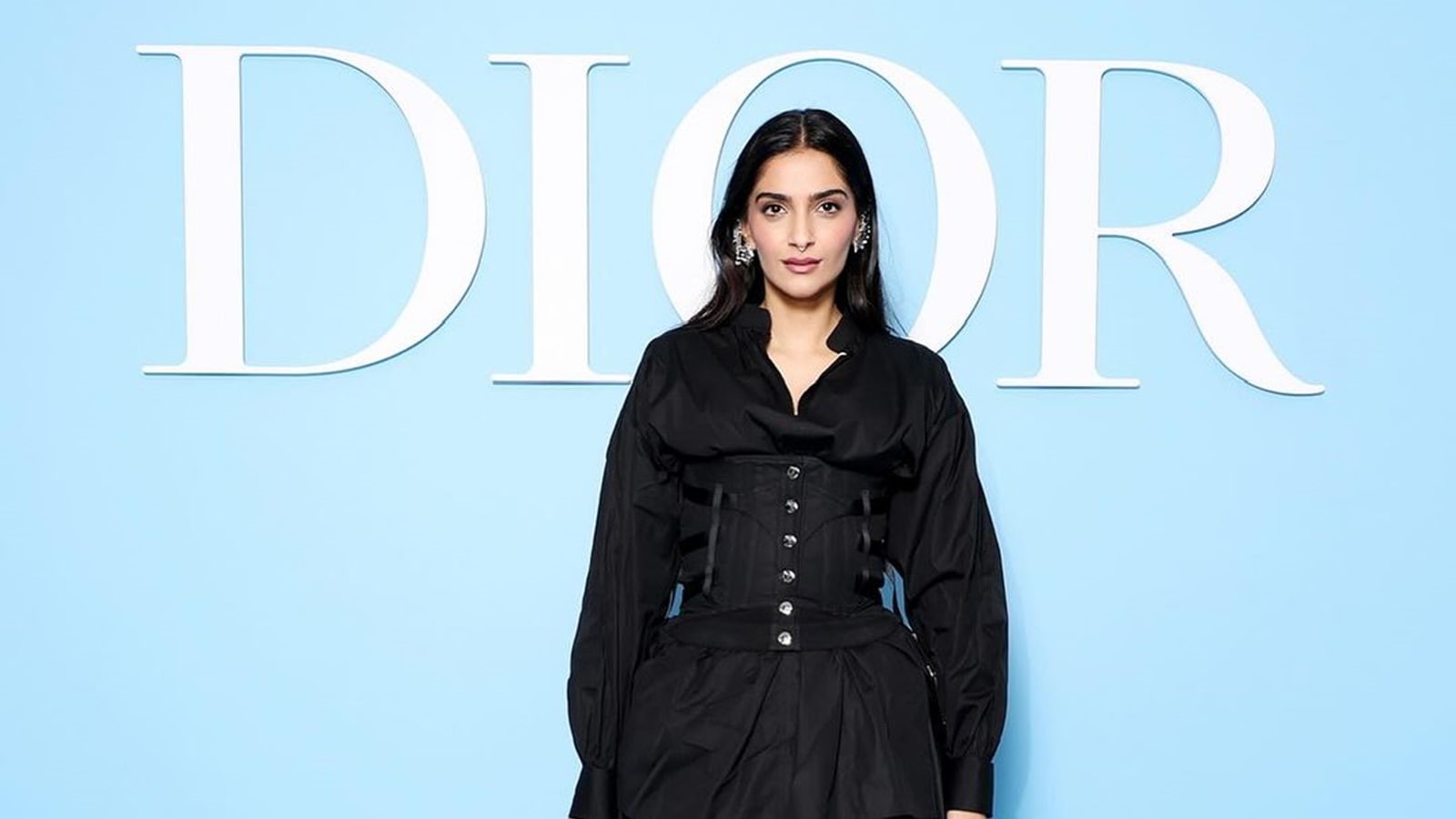Amid Deepika Padukone’s 8-Hour Work Demand, Genelia Deshmukh Says, “I Work For 10 Hours, It’s Not Impossible”
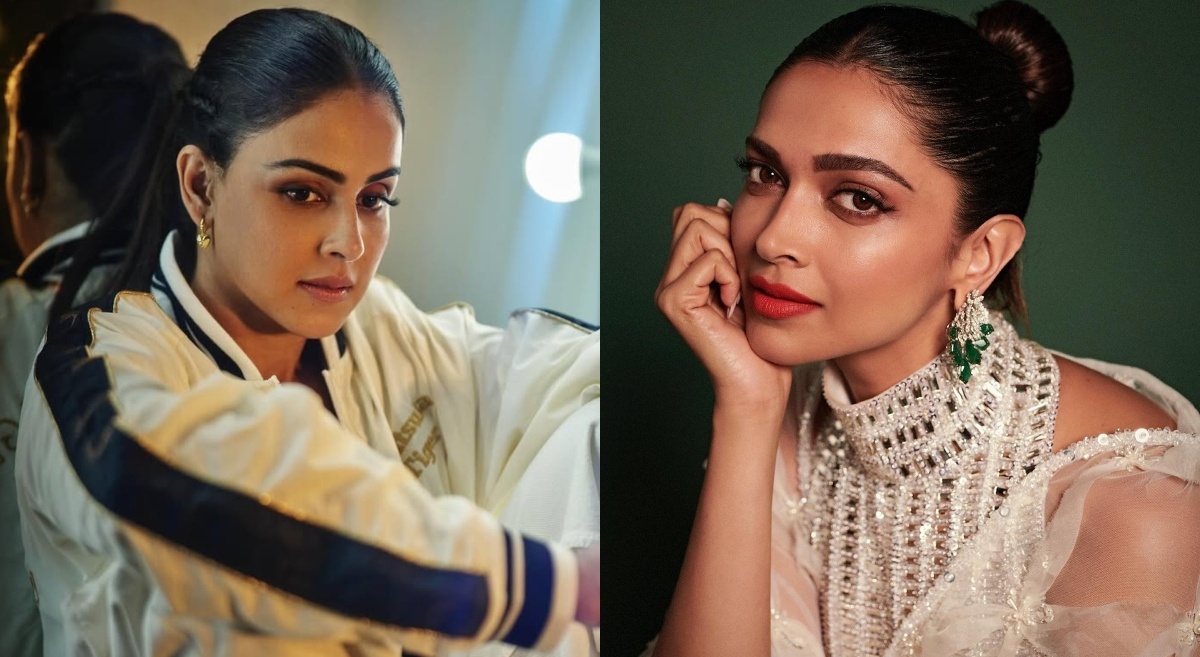
The recent conversation surrounding work hours in the Indian film industry gained significant traction when Bollywood superstar Deepika Padukone allegedly put forth a demand to limit her working hours to 8 per day. While this sparked a mixed bag of reactions across the entertainment spectrum—from praise for advocating work-life balance to criticism for perceived lack of commitment—Genelia Deshmukh has now added her voice to the discussion, providing a balanced and grounded perspective.
The Context Behind the Conversation
Deepika Padukone, one of Bollywood’s most influential actors, reportedly requested that her filming schedules not exceed eight hours a day. Sources close to the actress claimed that this was part of her broader attempt to maintain mental and physical wellness, especially as she prepares for motherhood, following recent news of her pregnancy with husband Ranveer Singh.
While some quarters of the media portrayed this demand as unreasonable or “diva-like,” many working professionals and wellness advocates lauded her for highlighting the often-overlooked exhaustion and mental fatigue that comes with grueling film schedules. In an industry notorious for 12-18 hour workdays, Deepika’s stance opened a conversation that had long been brushed under the carpet.

Genelia Deshmukh Joins the Conversation
Actress and entrepreneur Genelia Deshmukh, known for her bubbly screen presence and off-screen entrepreneurial ventures, weighed in on the issue in a recent interview. When asked about Deepika’s 8-hour workday stance, Genelia said,
“I don’t think it’s impossible at all. In fact, I usually work 10 hours a day and manage things at home, with the kids, and at work. So, if she wants to work for 8 hours, it’s her choice. Every individual knows what suits their body, lifestyle, and mental health.”
Her statement added a dose of realism to the debate. Genelia neither dismissed Deepika’s decision nor suggested that longer work hours should be the norm. Instead, she emphasized personal choice, flexibility, and self-awareness—principles that are increasingly being prioritized in modern work culture.
A Glimpse Into Genelia’s Life and Work Balance
Genelia, who is married to actor Riteish Deshmukh, is a mother of two and actively involved in multiple ventures, including her plant-based nutrition startup and social campaigns. She returned to films after a long hiatus and now carefully picks projects that align with her personal and professional values.
In her own words,
“It’s about balance. If I’m on set for 10 hours, I make sure I spend quality time with my kids afterward or structure my week in a way that allows me to recharge.”
Her remarks resonate with many working women who juggle multiple roles in life—professional, parent, partner, entrepreneur—without compromising personal well-being.
The Broader Industry Implications
The Indian film industry, especially Bollywood, has a reputation for being relentlessly demanding. Actors, crew members, and technicians often work more than 14 hours per day during tight shooting schedules. While stars have some say in shaping their schedules, most crew members do not have that luxury.
Deepika’s 8-hour workday demand might seem modest compared to global labor standards, but in the Indian entertainment landscape, it challenges long-standing industry practices. Genelia’s comments make it clear that it’s not about entitlement or privilege—it’s about setting sustainable work expectations that protect everyone’s health and dignity.

Support From Within the Fraternity
Interestingly, several other celebrities have echoed similar thoughts in the past. Anushka Sharma, during a promotional tour for one of her films, had previously spoken about how continuous night shoots impacted her health. Taapsee Pannu, known for her vocal stance on fairness and equality, has frequently emphasized the need for structured hours and proper working conditions for all cast and crew members, not just the stars.
Surveen Chawla recently commented on Deepika’s stance, saying,
“It’s simply the need—and so be it. If an actor is giving 100% in those 8 hours, then that’s more than enough.”
These comments collectively reflect a changing sentiment in Bollywood, especially among younger and more mindful actors who are actively advocating for better working conditions.
Critics Say Otherwise
However, not everyone agrees with this shift. Some critics argue that the nature of filmmaking is unpredictable and cannot always be confined to corporate-like time frames. A producer who wished to remain anonymous shared,
“Sometimes the light is perfect, the location is booked only for one day, or you have access to an international crew just for 48 hours. In such cases, 8 hours simply don’t work. Everyone needs to be flexible, including the stars.”
This view isn’t entirely unfounded. Filmmaking often involves spontaneous creativity, logistical constraints, and team coordination, all of which can make rigid time limits seem impractical.

Navigating the Middle Ground
What Genelia Deshmukh and others seem to be suggesting, however, is not the imposition of a hard stop at 8 hours, but the need to respect boundaries, especially when there are personal or health considerations involved.
Perhaps the answer lies in better planning, transparent communication, and mutual respect. A production team that plans efficiently can maximize productivity in shorter time frames, while actors who prioritize their mental and physical health are likely to deliver better performances over the long term.
A Step Toward Change?
In many global film industries—including Hollywood—actors work on fixed shifts, with unionized rules that restrict overtime. Bollywood, while unregulated in this aspect, might be inching toward adopting similar reforms. Deepika’s move and Genelia’s support could act as catalysts for such change.
As Genelia aptly put it,
“If someone wants to do 8 hours, someone else wants to do 10, and a third person says 12—it’s all okay as long as it works for them and the people they work with. The idea is not to overburden anyone or glamorize exhaustion.”
Conclusion
At a time when the entertainment industry is evolving to embrace mental health awareness, gender inclusivity, and fair work practices, the Deepika Padukone–Genelia Deshmukh exchange is more than just celebrity chatter—it’s a reflection of a larger, much-needed transformation.
Genelia’s response is a reminder that hard work and self-care can coexist. It’s not about who works more; it’s about who works smart and sustainably. And as more actors and professionals speak up, the future of Bollywood may just be one where talent is not only celebrated but also protected.






